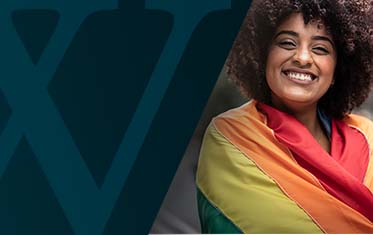Description
We live in an increasingly culturally diverse society. A multicultural society translates into culturally diverse clients, students, and supervisees. Studies show that culturally responsive counselors develop strong working alliances with their clients. Cultural competence is also an essential component in the training and supervision of new counseling professionals. Intersectional theory and the Multicultural and Social Justice Counseling Competencies serve as a framework to guide counseling professionals' implementation of culturally inclusive practices, research, and advocacy efforts.
This micro-course uses the ADDRESSING model as a guide in the exploration of our identities as well as our clients, students, or supervisees' identities to become culturally responsive counseling professionals. In this course, participants will increase their cultural self-awareness by exploring their identities, attitudes, and beliefs. This micro-course will prepare learners to integrate cultural competencies and skills in their various roles as counseling professionals. Participants will also explore the intersectionality of their own identities, their clients, students, or supervisees and devise ways for becoming involved in advocacy efforts in their communities.

 ACEP Approved Education Provider
ACEP Approved Education Provider














